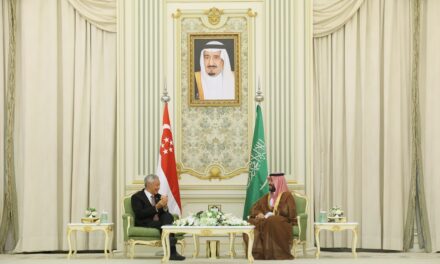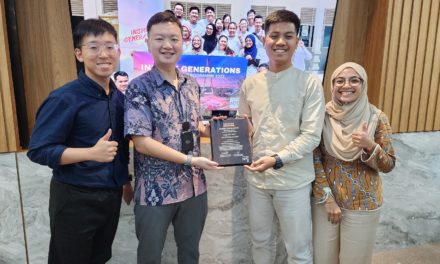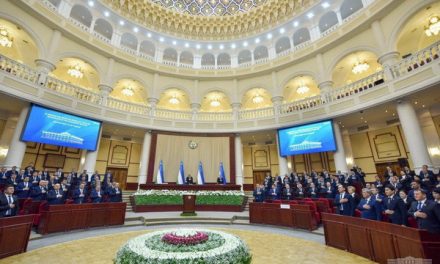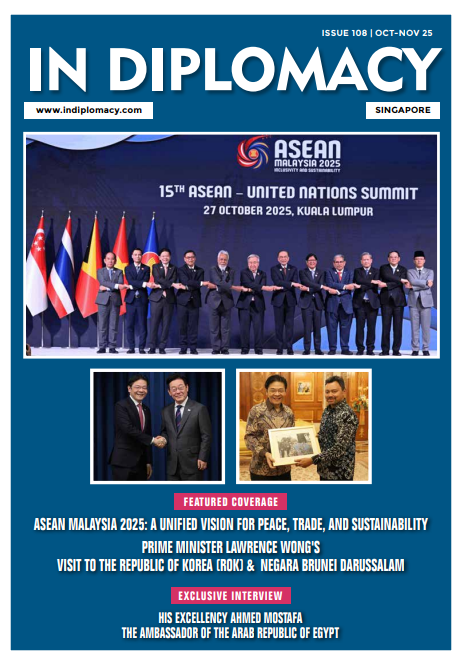Bangladesh is celebrating the 52nd anniversary of its independence. The nation looks back on a journey helmed by the charismatic leadership of its Father of the Nation – Bangabandhu Sheikh Mujibur Rahman – who laid the first building blocks for its economic development. Today, Prime Minister Sheikh Hasina carries forward that incredible legacy which has resulted in Bangladesh’s significant presence on international platforms buoyed up by the high priority on economic diplomacy.
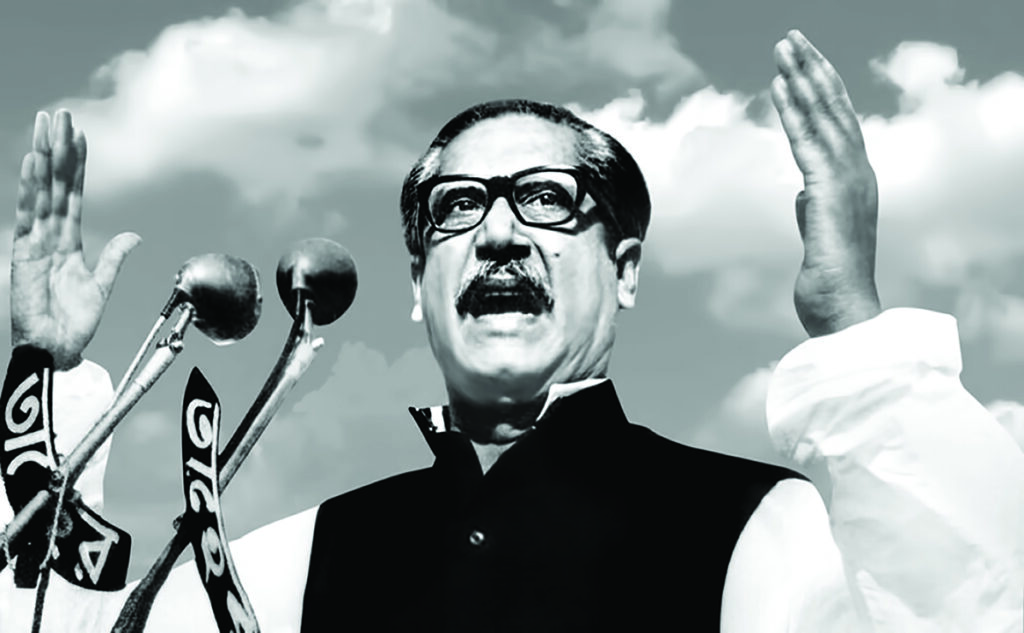
Bangabandhu Sheikh Mujibur Rahman had a great deal of clarity for his vision for an independent Bangladesh. On his way back to Dhaka from London, after being released from internment in Pakistan, he described his journey to a free Bangladesh as ‘a journey from darkness to light, from captivity to freedom, from desolation to hope’. He emphasised he was retuming to an independent country ‘not with hatred in his heart for anyone, but with the satisfaction that truth has at last triumphed over falsehood, sanity over insanity, courage over cowardice, justice over injustice and good over ill’.
Illuminating Vision for a New Country
On 25th September 1974 the historic address of Bangabandhu Sheikh Mujbur Rahman at the 29th session of the United Nations General Assembly carved in Stone his enduring ideals on the onward journey of an independent nation State. His maiden speech in presence of the highest global congregation did not fail to highlight Bangladesh major foreign policy objectives for pusuing international relations by remaining a constructive partner for global peace and development propelling.
this vision was the cavalcade of fresh ideas and policies to build a brave new world free of economic inequalities, social injustice, military aggression and threats of the nuclear wad Bangabandhu pointed out that the struggle of Bangladesh epitomized the universal struggle for justice and peace.
“The Bengali nation is dedicated to building such a world order in which will be reflected people’s desire for achieving peace and justice,” he said, emphatically underpinning his firm belief in a better world order for his country to flourish. Bangabandhu played a pivotal role in not only incentivising the reconstruction of a war-raged country but also in strategizing Bangladesh’s position in world affairs with a responsible and proactive foreign policy. His gratitude for the support of the nations in consolidating the newly earned independence of the country found voice in his determination to establish friendly relations with its neighbouring countries and beyond. Sheikh Mujibur Rehman was a vigorous proponent of secularism and adherence to the basic tenets of non-alignment, peaceful co-existence, cooperation, non-interference in internal affairs, and respect for territorial integrity and sovereignty.
“Bangladesh has been pursuing a non-alignment policy since its inception. The main idea of this policy is peaceful coexistence and friendship with all. Our complete allegiance to peace has emanated from the realization that only in a peaceful environment, we will be able to enjoy the fruits of our hardearned national independence and employ all our resources and energy to fight hunger, poverty, disease, illiteracy and unemployment,” he said. In the very first year of the country’s independence, Bangabandhu’s proactive engagement with world leaders gave deeper credence to Bangladesh as an independent nation and helped establish many important links in the global arena. As a member of the Non-Aligned Group, the Commonwealth, the ILO and the WHO, it positioned itself to be a significant protagonist in the diplomatic stage. The United Nations recognised Bangladesh as its 136th member on September 17, 1974, during its 29th session. It was a red-letter day in the annals of the young nation when Bangabandhu addressed the United Nations General Assembly in his mother tongue. What was also significant about this historic speech is that he recapitulated his belief in, “Friendship to all, malice towards none”. Later this ‘powerful’ dictum was adopted by the Bangladesh Government as an integral element for describing country’s foreign policy, and it was also incorporated in an UN General Assembly resolution as well. In the context of the global economic upheaval caused by the COVID crisis and the current geopolitical scenario of South Asia, the words of Bangabandhu seem even more relevant when he stated: “We should take immediate measures to work towards building an equitable international economic system against the backdrop of the economic disaster that has recently occurred in the world.” Bangabandhu Sheikh Mujibur Rahman was not only the architect of Bangladesh’s independence but also a far-sighted global leader. Even in the early 70’s, he appeared to be very much in tune with the present-day SDG goals which UN had prescribed for the world in 2015, when he pointed out that the challenge was to harness the power of reasoning to build an equitable international economic system. This system will ensure the sovereignty of each country over its natural resources. The system will build international cooperation, practical framework, the basis for which would be the recognition of the common interests of all countries in the world in a stable equitable economic system, he shared.
Source – The Article appeared in Sun Media Magazine
” Why Bangladesh “
To Request PDF – Click ( https://sunmediaonline.com/magazine/bangladesh/bangladesh23.pdf )

